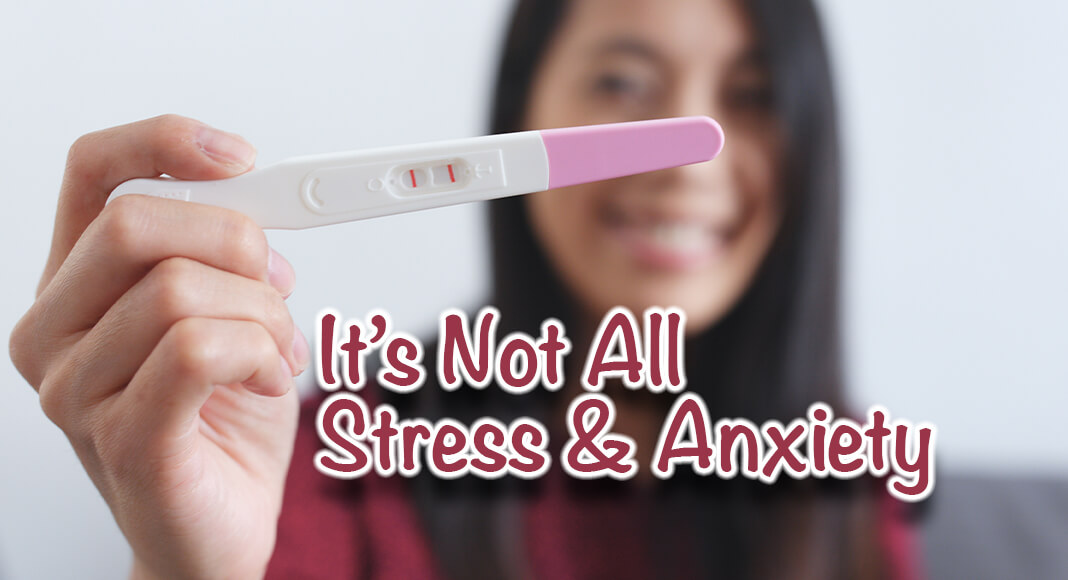
Mega Doctor News
By University of Michigan
Newswise — The pandemic upended much about traditional medical care delivery, and obstetrics is no exception.
To that end, a new University of Michigan study found that moms who were pregnant and gave birth during the first six months of COVID-19 reported more distress and anxiety, but also some surprising benefits of enforced alone time, said first author Clayton Shuman, assistant professor at the U-M School of Nursing.
The study, appearing in Maternal and Child Health Journal, is the first known to describe the lived experiences of postpartum women in the United States who delivered an infant during the early pandemic. It’s part of the larger COVID M.A.M.A.S. (Maternal Attachment, Mood, Ability and Support) study, which collected survey data on maternal mental health and breastfeeding during the COVID-19 pandemic.
Five themes emerged: heightened emotional distress; adverse breastfeeding experiences; unanticipated hospital policy changes shifted birthing plans; expectation vs. reality––or mourning the experience of what should have been; and unexpected benefits of the pandemic.
Social distancing and infection control measures contributed to increased guilt, isolation and depression in moms, and many were denied pre-pandemic coping mechanisms and experienced lack of support, Shuman said.
While researchers expected some increase in emotional distress and guilt, the extent surprised Shuman.
“Moms said they felt like no matter what they did, it was wrong,” he said.
Women said they experienced decreased lactation support, which led to increased stress and decreased milk supply in some.
“You’d think more time at home would lead to better breastfeeding, but it did not,” Shuman said. “Because of the pandemic, many resources weren’t offered or were in a format that wasn’t helpful. Doing a lactation consultation on Zoom was viewed by many as intrusive and uncomfortable.”
Some women shifted birthing plans, for instance switching from in-hospital to out-of-hospital births, or elective inductions, to avoid a trip to the hospital. Restricted visitation was described by one mom whose doula was prohibited from attending her birth as “heartbreaking.”
But the pandemic also brought the benefits of unexpected quiet time. Fewer visitors immediately after the birth, both at the hospital and at home, was viewed as a positive by many parents.
Shuman said the pandemic highlighted existing shortcomings in the United States’ cookie-cutter approach to maternal care.
“Providing a one-size-fits-all approach to maternal care isn’t working,” he said. “Because of mental health issues, we need tailored care—some do well with telehealth but not all. Prenatal and postpartum visit schedules should also be tailored to individuals, especially for new moms.”









